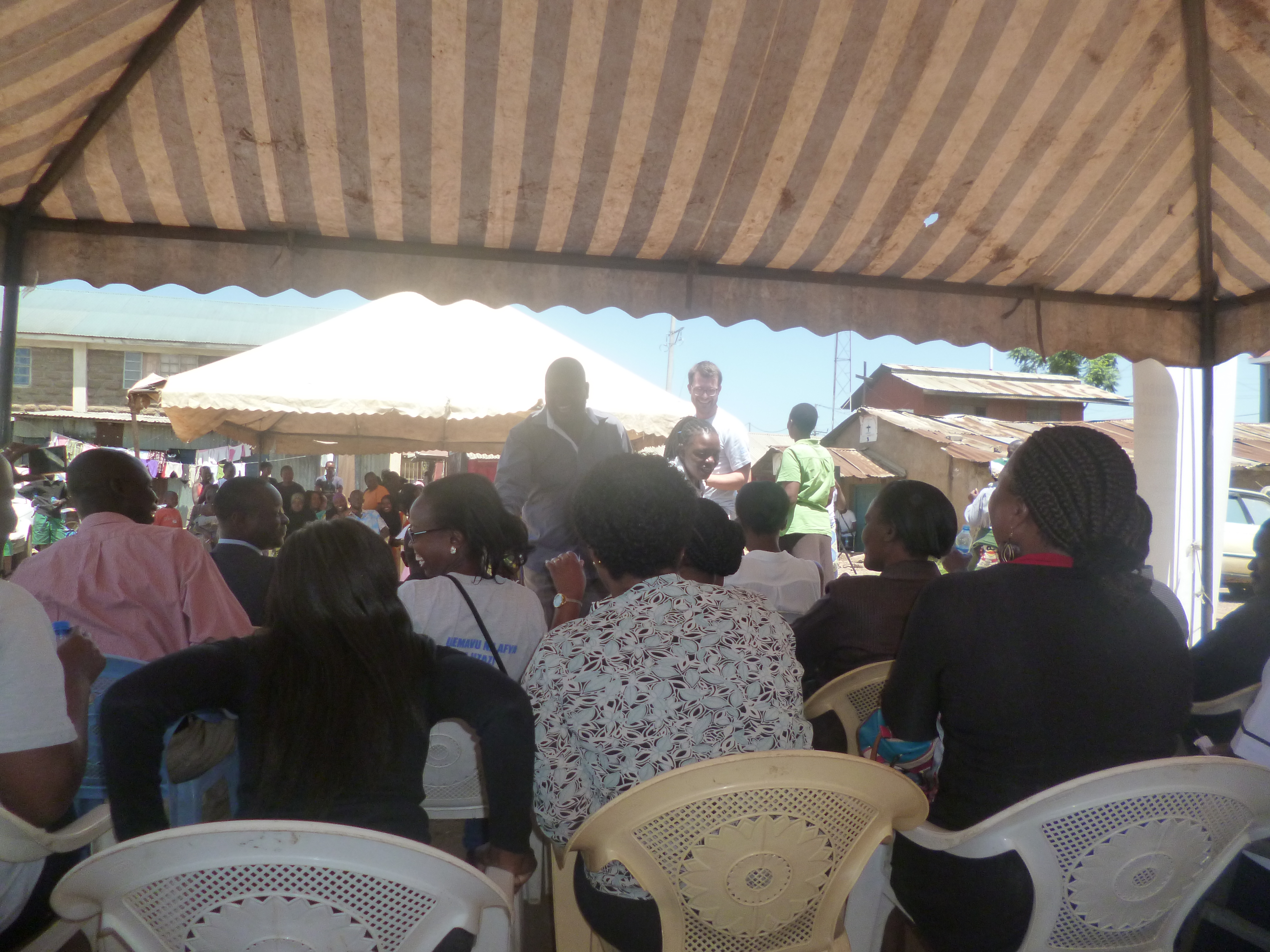By Lilian Museka
Urbanus Musyoki , * not real name has been suffering from a condition he did not understand. The 33 year old driver in Makueni, had to stop going work as the condition affected his concentration. He could not recognize himself or even go to the hospital on his own.
Musoki was taken to a nearby health clinic where he was diagnosed with acute mental illness. He was placed on medication and taken through counseling. Musyoki has now fully recovered and gone back to his duties.
James Makau 33 a teacher, also from the same area suffered from the same condition which took the intervention of his family to have him treated as he could not recognize himself.
The above cases represent the increasing number of worrying mental illness that most times go unreported for lack of information or stigma especially in rural areas.
In Kenya, statistics indicate that one in four patients, presenting to a primary health facility suffer from a mental illness.
World Health organization refers to mental health as a state of complete physical, mental and social wellbeing and not merely the absence of disease.
According to Centre for Disease Control and Prevention (CDC), mental illness disorders are generally characterized by regulation of mood, thoughts and or behavior that affect individuals to the extent that social integration becomes problematic.

WHO surveys have shown increase in mental illness around the world, estimated to account for 14 percent with approximately 450 million people around the world having some kind of mental disorders.
In Africa, upto 5 percent of population suffers from mental illness and the number is expected to rise to 15 percent by 2030. It is also estimated that at any given time, 10 percent of adults experience current mental disorder and 25 percent will develop at some point in their life time.
And with this high prevalence of disorders in Kenya, there are only about 500 practicing psychiatrists and psychologists. Dr. Victoria Mutiso, project Manager at Africa Mental Health Foundation says the shortage of professionals , combined with limited drug supplies, government funding and stigma, leaves most of those suffering from the disorder unable to access much needed diagnosis and treatment.
She urges the government to equip more health workers with necessary knowledge and skills in managing such cases countrywide.
Doctor Mutiso manages the project at AMHF, an organization in Kenya, dedicated to research on mental and neurological health and substance use to generate evidence for policy and best practice in the provision of affordable mental health services for low and middle income countries.
The organization received a new investment to enable building of referral networks and expand its integration of mental health into existing public and community health services by training formal (nurses, clinical officers) and informal (traditional and faith healers) healthcare providers.
The AMHF approach breaks down barriers between the formal and informal sectors, encouraging dialogue and training, to increase synergy and communication. It had a successful pilot project in which traditional and faith healers, and community workers helped identify almost 500 cases of mental illness.
Viability of the model was demonstrated in a proof of concept project, funded by Canada’s International Research Centre, during which referrals of people suspected of having mental illness rose from nil to 1,593 of which almost one third were clinically diagnosed with a mental health disorder by trained health care staff.
The project at AMHF is one of the six innovations in Africa, Asia and Haiti to earning scale-up investments of upto Ksh. 642 million, after their pilot projects proved effective in addressing mental health problems in low resource countries.
The new funding from Grand Challenges Canada a Norwegian nongovernmental organization, funded by the federal government, will help AMHF scale up from 2 to 20 facilities in Makueni county. It will engage and educate more than 160 community health workers, traditional and faith healers and anticipates identifying more than 6,000 more suspected cases.
Dr. Peter A. Singer, Chief Executive Officer at Grand Challenges says people with mental illness in the developing world are often ignored and called on governments to work in partnership with other stakeholders to address the increasing cases.
The project also will work to build awareness and combat stigma within rural communities and long term a community mental health care model that can be scaled up and implemented trough out Kenya.The scale- up funding incudes Ksh. 48 million from Makueni County Government.
Meanwhile representatives of International non-governmental organizations (iNGOs), funders and development partners, and policy makers will take part in a parliamentary meeting on February 22nd to discuss the role of iNGOs in addressing mental health as a key component of the 2030 Agenda for sustainable development.
The meeting, organized by the All-Party Parliamentary Group on Global Health in collaboration with the Mental Health Innovation Network will see experts from iNGO delivering mental health services in low and middle level income countries share lessons and propose call to action














